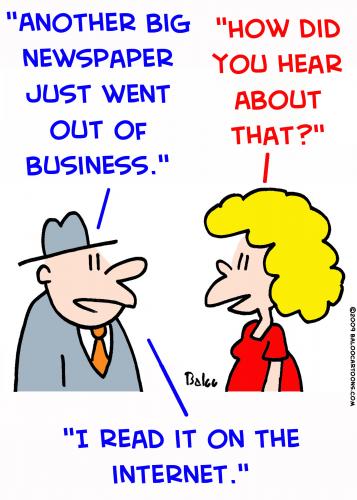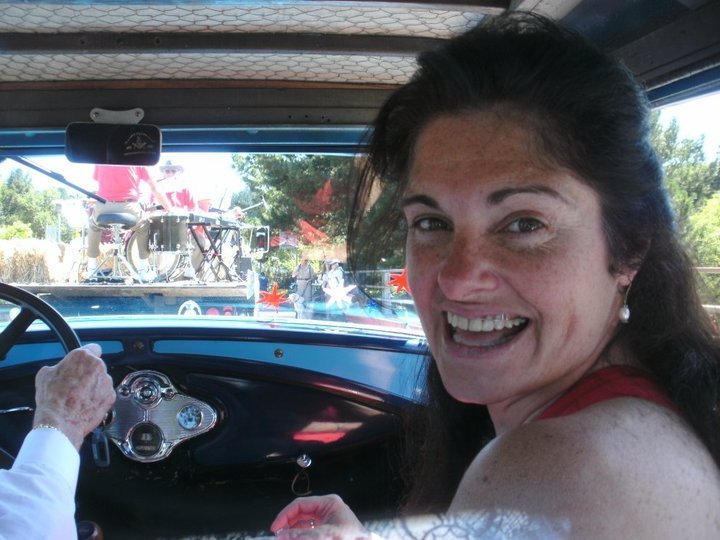
I am so bad at titles
Last semester, I took a rhetoric class, having no idea what rhetoric was. One of the essay topics was “What is rhetoric? What do you think it is?” and I found myself thinking “What isn’t rhetoric?” That same feeling came to me again during this semester.
I learned that literacy takes form in what a yearbook means to middle schoolers and the fact that, although yearbooks are meant to bring together the class and school, they actually alienate certain groups and individuals. Signing of yearbooks is a rite of passage in middle school and how many signatures you have in yours reflects how cool you are. Similarly, if you have no year book, it becomes obvious very quickly that your family could not afford the fee. This comes into play when teacher a lot 10 minutes or so at the end of class for specifically yearbook signing. It alienates those who may not have any friends in the class or have no yearbook at all. They can’t take part in this activity. Somehow, I had always known what a yearbook means in middle school, but it took this class for me to put it into words.
I learned that literacy is found in the music, movies, and books we choose to read. In my article group, one of the main ideas we focused on is the looking-glass self. This is the idea that the identity we take on and portray to the world and how we begin to see ourselves is what we think others see us as. That’s why it’s so rare that you see a long, detailed “About Me” page on Facebook or, gasp, Myspace. It asks us to describe ourselves as we see ourselves, rather than how others see us, and that’s hard for many of us to do.
I find myself having to look through my classmates’ reflections for ideas about what to say in my own. I know I learned stuff this semester, as I do every semester, and I know I’ll be applying what I’ve learned to my future as a teacher, but it’s still hard to write down, as Steven said, “I learned this and this and this and that”. It also doesn’t help that I had Kim for two classes in the same room. I almost type something and then think, “No, wait, that was the other class.” For example, I could write a few paragraphs (or more!) on just EPIC, but wrong class!
So, anyway, what is literacy? What isn’t literacy? We’ve come to learn that basically everything we see, read, make, etc. is literacy. It doesn’t just have to do with reading books, but a plethora of other mediums. Literacy is around us all the time and we’re constantly engaging in it and manipulating it for our own needs.




 Website:
Website: